Somerset West in the Western Cape Winelands has earned an enviable reputation for property market resilience over the last few years. The suburb’s price growth has consistently outperformed national - and often provincial - performance averages. However, property owners who have been paying attention to market activity in the area may have noticed less spectacular figures gracing the listing boards in recent months. Has growth in the area finally caved under economic pressure, or is there more going on than the latest statistics imply?
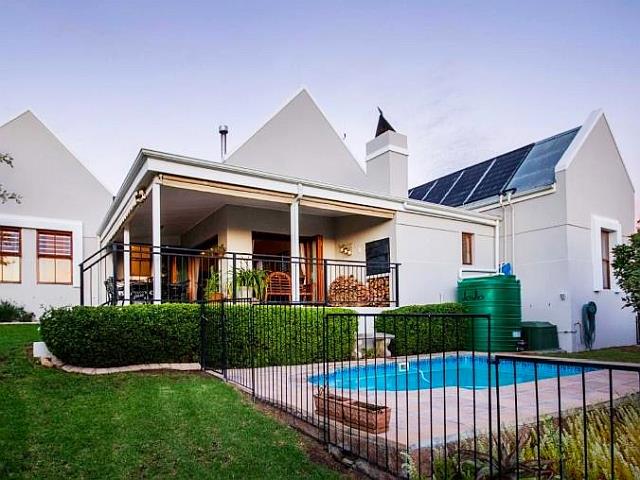
“If we break down Somerset West’s market performance by the statistics alone, it paints an unusually negative picture of price growth over the last year,” says Schalk van Der Merwe, franchisee at the Rawson Properties Helderberg Group. “The problem is, statistics - particularly broad-strokes averages - can only tell you so much about what’s really going on in a market. The full picture involves a lot of contextual information that figures don’t convey.”
To illustrate his point, Van der Merwe explains that Somerset West’s three-month sales price growth average is 7.38% lower than its previous 12-month average. This implies a significant, suburb-wide downturn - something, he says, is simply not true.
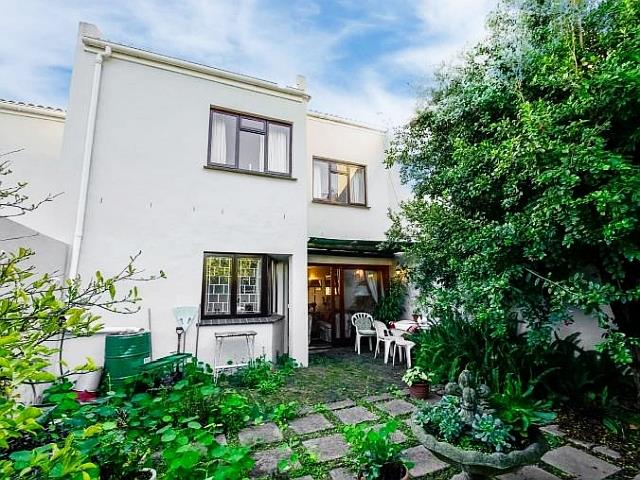
“This kind of average decline in growth is certainly not a comforting statistic, but it doesn’t mean that your home has lost 7.38% of its value in the last three months,” he says. “In fact, depending on the segment of the market in which your property falls, you could have experienced as much as 6.07% improvement in average price growth over the last three months. Lumping all property types in all neighbourhoods and all conditions together makes for some very muddy statistical waters and can cause panic where none is due.”

Indeed, Somerset West’s freehold properties in security estates and vacant land both experienced improvements in average price growth between 1 January and 30 April 2019. Freehold properties outside of estates and sectional title properties, on the other hand, were less buoyant, particularly outside of the popular R1.5 million to R3 million price band.
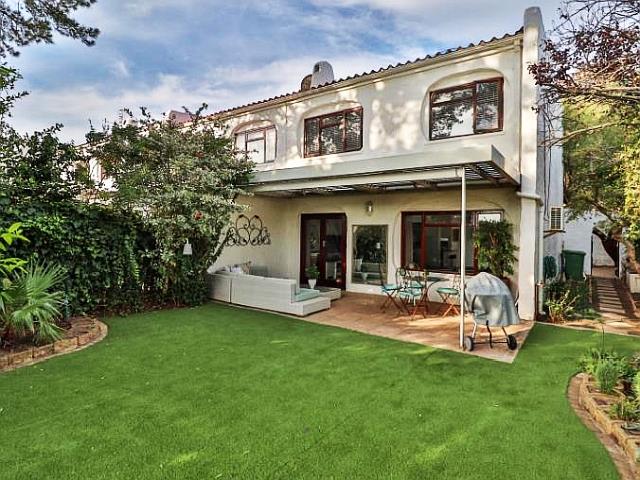
“There’s no denying the fact that the upper end of the market has come under pressure, but this is really not unusual in the lead-up to an election. High-value and investment buyers tend to have more flexibility on timing than entry-level buyers - they have the luxury of waiting until they know the lay of the land before committing to a purchase. As a result, we almost always see a particularly noticeable dip in market activity in this segment during times of economic or political change, and a corresponding uptick once the situation stabilises,” says Van der Merwe.
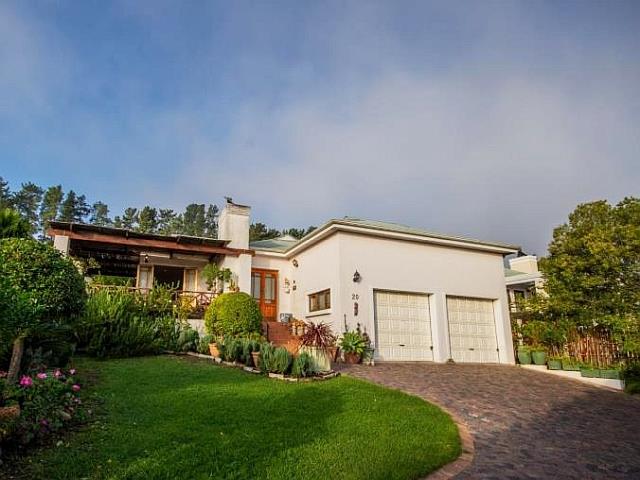
Short-term price and activity influences certainly make for dramatic and thought-provoking statistical analyses, but Van der Merwe also urges property owners to remember the long-term nature of their investment.
“If you bought a property with the goal of turning a profit over 12 months, you’re likely to be sorely disappointed, regardless of the market. Any property investment should be viewed on an absolute minimum of a five- to ten-year timeline,” he says.
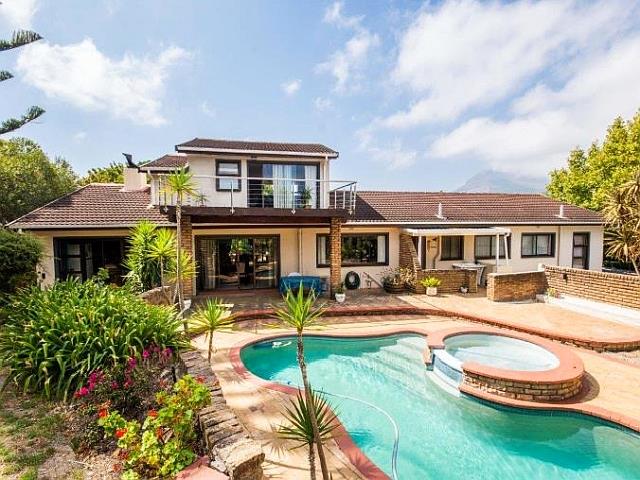
“Within that context, Somerset West is still performing well above average, delivering 8.8% average growth over the last 10 years, and a whopping 13.1% over the last five. I think you’d struggle to find any other asset class with that kind of return on investment at present. Homeowners in our area shouldn’t be panicking, they should be congratulating themselves on their stable - and profitable - investment.”








